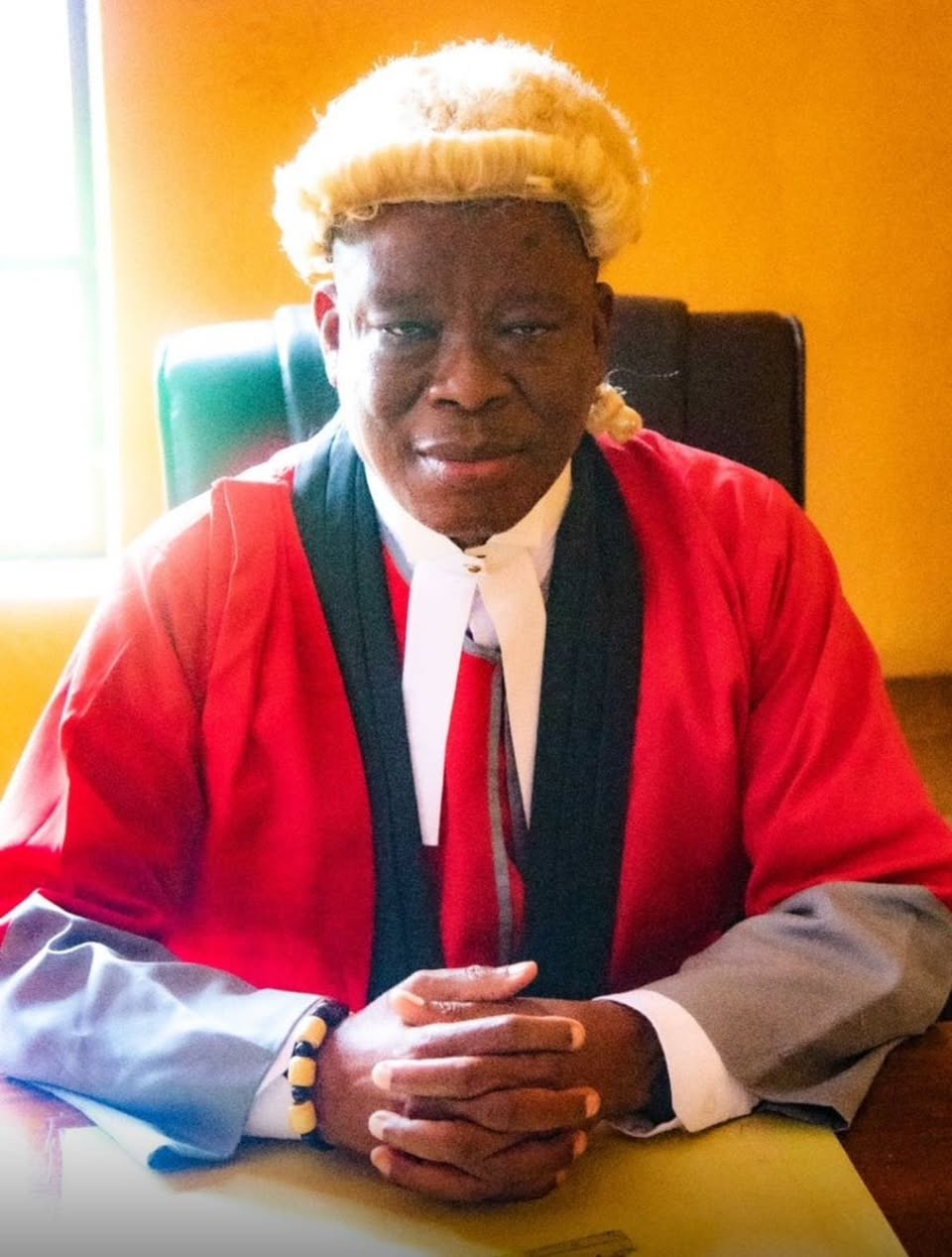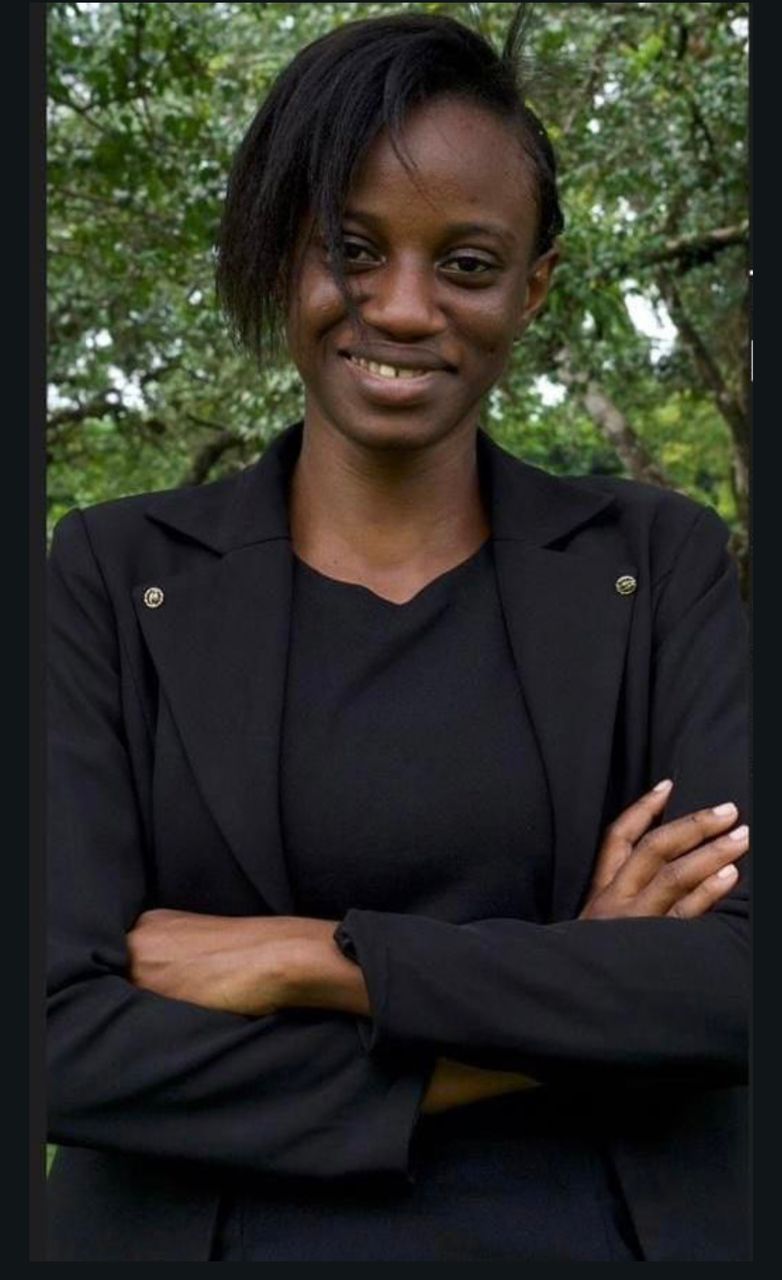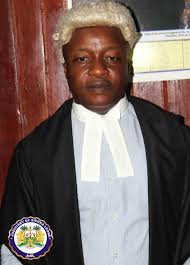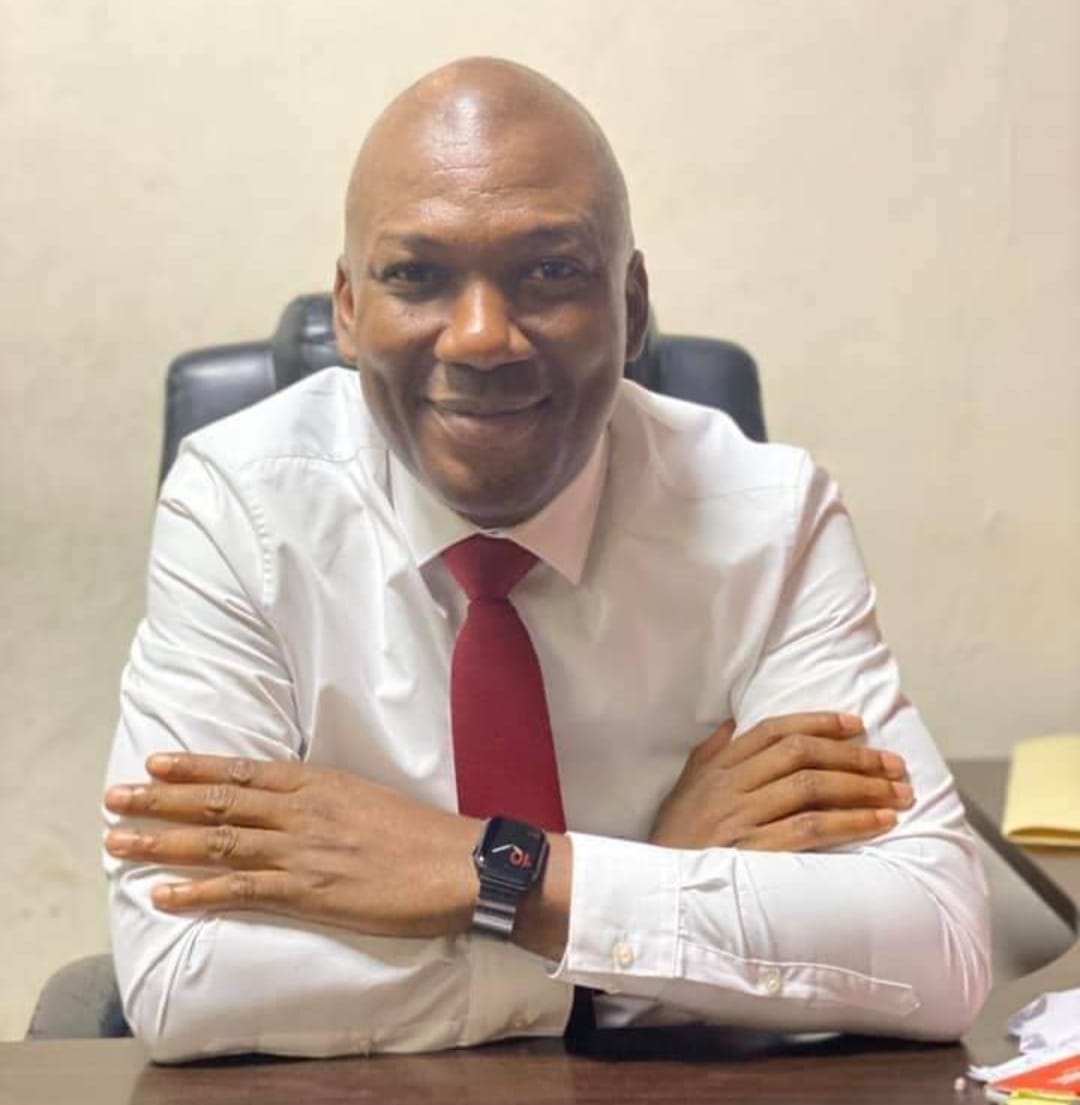Supreme Court of Sierra Leone
Judgment Delivered on 12th February 2025
Coram – Hon. Justice A.M. Bangura JSC (Presiding), Hon. Justice A.B. Halloway JSC, Hon. Justice M.M. Sesay JA
Counsel – O.I. Kanu Esq., A.J.M. Bockarie Esq., A. Jalloh Esq. (Respondent/Applicant), R.S.V. Wright Esq., A.C. Thompson Esq. (Accused/Respondent)
This appeal arose from an application filed by the Attorney General and Minister of Justice (Respondent/Applicant) seeking the recusal of Hon. Justice Allan B. Halloway JSC from presiding over the criminal matter of The State v. Ikubolaji Nicol. The application was based on allegations of bias due to Justice Halloway’s membership in the Quimanora Club, which the Accused/Respondent, Ikubolaji Nicol, was also a member of. The Respondent/Applicant argued that this relationship created a reasonable apprehension of bias, justifying Justice Halloway’s recusal. Additionally, the Respondent/Applicant challenged an interim stay of proceedings granted by the court, alleging a violation of the principle of audi alteram partem.
The central issue was whether Justice Halloway should be recused from the case due to his alleged relationship with the Accused/Respondent and his membership in the same social club. The court had to determine whether this relationship created a real possibility of bias, as per the legal standards for recusal. The Respondent/Applicant also contended that the interim stay of proceedings was granted without hearing their side, thus violating the principle of audi alteram partem.
The Supreme Court dismissed the Respondent/Applicant’s application for recusal, holding that there was no evidence of bias or a real possibility of bias on the part of Justice Halloway. The court emphasized that for a judge to be recused, there must be evidence of actual bias or a real likelihood of bias. The court cited Helow v. Secretary of State for the Home Department (2008), where it was held that mere membership in an organization does not imply bias unless there is evidence that the judge endorsed or acted upon the organization’s views. The court found no evidence that Justice Halloway’s membership in the Quimanora Club or his attendance at a social event with the Accused/Respondent created a real possibility of bias. The court stated:
“Membership of the same club with the Accused/Respondent is not enough to recuse a judge from a matter. There must be evidence of misdeeds or misstatements on the part of the judge sought to be recused, that will lead to a fair-minded and informed observer, that witnessed or heard the said misdeed or misstatement respectively, arrive at the conclusion that, there is a real possibility of bias.”
On the standard for recusal, the Court noted that “For a judge to be recused from hearing or partaking in the hearing of a matter, the Applicant must prove actual bias or likelihood of such bias with every potential of the judge in issue being conflicted.”
The court also rejected the argument that the interim stay of proceedings violated the principle of audi alteram partem. The court clarified that the principle does not require that the other party must be heard, but rather that they must be given an opportunity to be heard. In this case, the Respondent/Applicant had the opportunity but chose not to avail themselves of it. The court stated:
“That Rule does not say the other Party must be heard, but rather it says, the other Party must be given an opportunity to be heard. I am satisfied that, the Respondent/Applicant was given an opportunity to be heard, but they failed to avail themselves of that opportunity.”
The court highlighted the importance of judicial independence and the need to avoid unnecessary intrusions into judges’ private lives. The court warned against expanding the boundaries of recusal based on social relationships, especially in a small and close-knit society like Sierra Leone. The court quoted Justice Fatmata Bintu Alhadi JA in Guaranty Trust Bank Ltd v. International Procurement and Construction Services Co.:
“We live in a small society where people are related to each other in many ways… Recusing myself will be the beginning of a slippery and dangerous trend.”
The Supreme Court dismissed the Respondent/Applicant’s application for recusal, holding that there was no evidence of bias or a real possibility of bias on the part of Justice Halloway. The court also upheld the interim stay of proceedings, finding no violation of natural justice principles. The ruling reinforces the legal standards for recusal, emphasizing that mere social relationships or club memberships are insufficient to establish bias. https://www.ilraj.org/wp-content/uploads/2025/02/Ruling-on-Recusal_-Bola-Nicol.pdf







